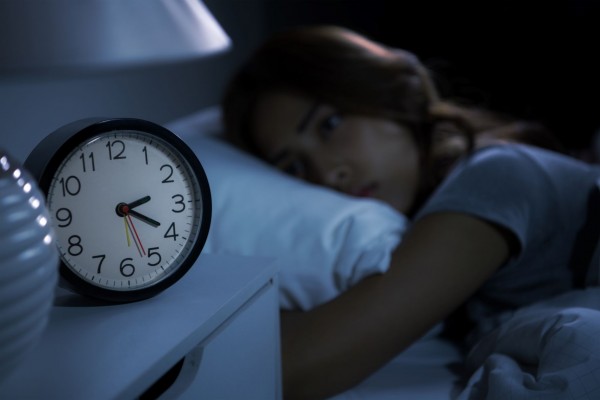Blog
When is the right time to visit a doctor for a sleep disorder?

If you are one of the 70 million of Americans that don’t get a regular good night’s sleep, you might not know what you are missing. Sleep technologists have seen first-hand what a difference a CPAP machine can make in a patient after just one night. If you're regularly feeling tired during the day, despite getting a full night's sleep, you may have a sleep disorder. Many people don't realize that they have a sleep disorder and don't get the treatment they need. It's important to visit a doctor to discuss your sleep habits if you're regularly feeling exhausted. HHM clinics and the Pulmonary/Sleep Medicine Specialty Clinic can help you determine if you have a sleep disorder.
When should you visit a doctor for a sleep disorder?
Sleep disorders can disrupt your life and negatively affect your health. If you think you might have a sleep disorder, it’s important to see a doctor to get a diagnosis and start treatment. There are many different types of sleep disorders, and not all of them are equally serious. Some, like insomnia, can be annoying but are not usually harmful. Others, like sleep apnea, can be much more serious and can lead to health problems like high blood pressure and heart attacks.
Common signs of a possible sleep disorder
If you are experiencing any of the following signs, it may be time to consult your physician about a sleep disorder:
- You regularly have trouble falling asleep or staying asleep.
- You are excessively tired during the day.
- You have difficulty concentration or memory problems.
• You experience changes in mood or behavior.
• You snore loudly or stop breathing during sleep.
• You have restless legs or experience regular muscle cramps during sleep.
If you are experiencing any of these symptoms, consult with your physician to rule out any underlying medical conditions. Sleep disorders can be caused by a variety of factors,
What does PAP therapy do to treat sleep apnea?
Positive airway pressure therapy or PAP therapy is the most common treatment for sleep apnea. There are two kinds of PAP therapy - one is CPAP which stands for continuous positive airway pressure and the second is BiPAP, which is bi-level positive airway pressure. The technologist will find the best therapy for you the night of your treatment study. PAP therapy uses room air to gently open the airway to allow a consistent flow of air to move in and out of your airway. It typically takes a brief period of time to get adjusted to the use of PAP therapy, but most people cannot believe the difference it makes on their daily life compared to before PAP therapy.
How do I schedule a sleep study?
Speak with your primary care physician, specialist physician, or nurse about a sleep study. Their office will handle placing an order for a sleep study at a center like Hammond-Henry Sleep Disorder Center. The sleep center will then contact you to schedule your specific date for the sleep study. It’s also important to first speak with your doctor since sleep disorders can be caused by a variety of things and it's important to get to the bottom of what's causing your sleeplessness. Along with determining if a sleep study is needed, your physician will help rule out any underlying health conditions to end up with a treatment plan to help you get the rest you need.
Conclusion
If you're finding it difficult to concentrate, falling asleep during the day, or if your sleep patterns are interfering with work or social activities, it may be time to consult your Geneseo physician. Your physician will assess if you have any medical conditions that may be affecting your sleep, such as diabetes, heart disease, or respiratory problems. It's important to discuss these with your physician to rule out any potential underlying causes as it is determined whether a sleep study is needed.
